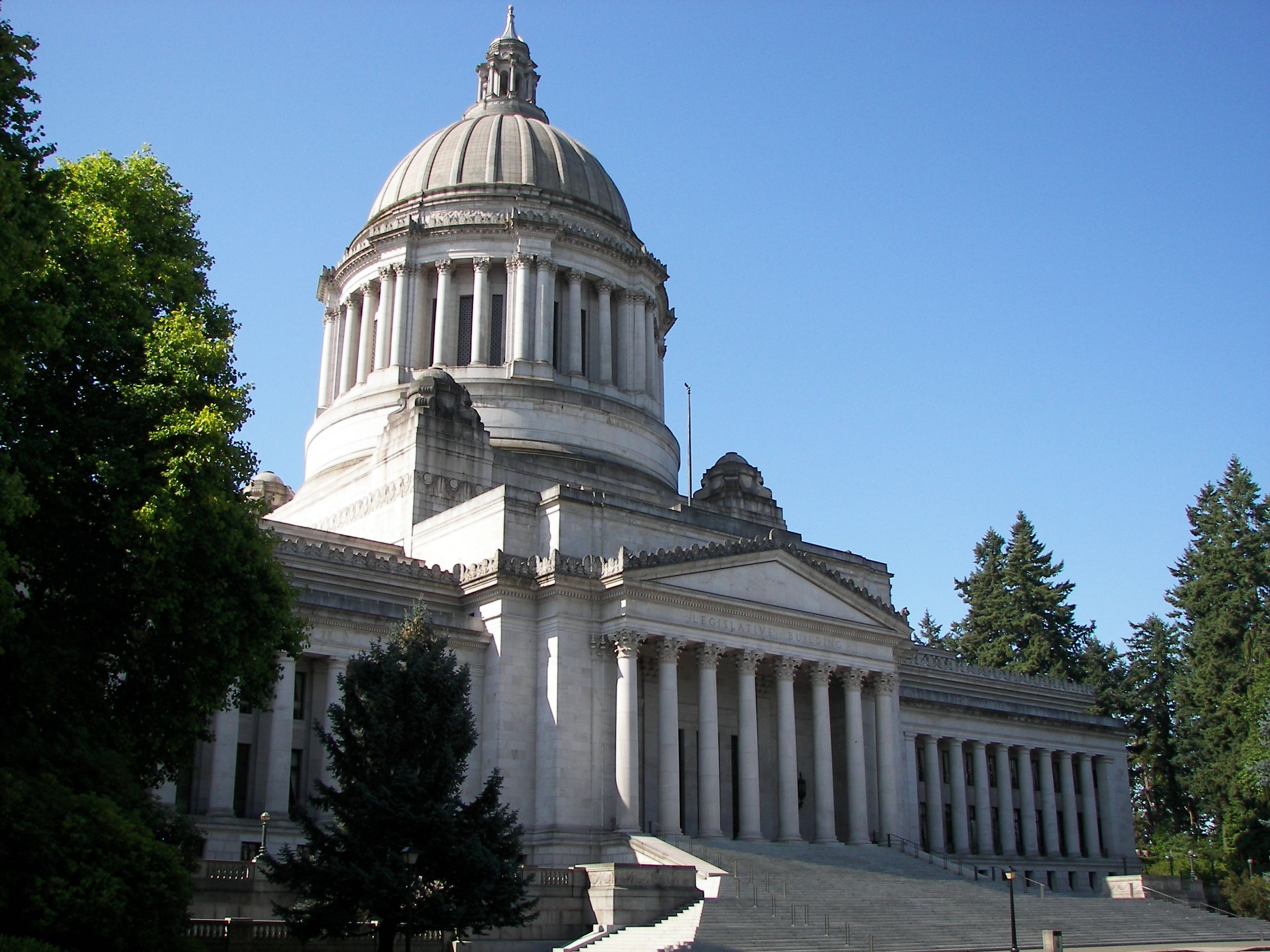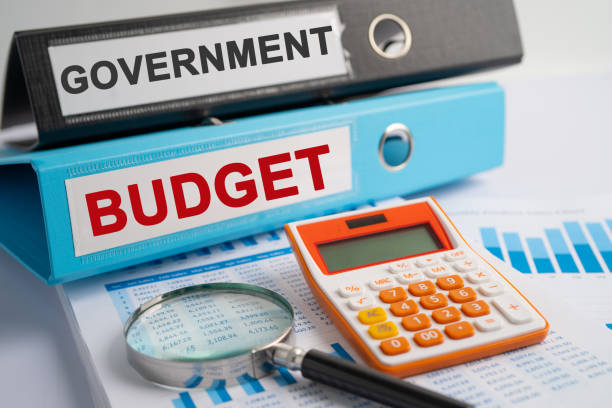An on-time finish to the 2016 Legislative Session is just two weeks away - at least we hope it is. The vastly different approaches taken by the House and Senate in their supplemental budgets, however, does cause concern whether March 10 will be the final end date. The Senate plan takes a more traditional approach for a supplemental budget focusing on tweaks to the base 2015-17 budget while House budget writers believe now is the time to make major changes.
Here is a high level compare and contrast of the budget approaches:
- House would rely on $318 million from the state's constitutionally protected rainy-day account (BSA). The Senate does not use any of the BSA. Accessing funds from the BSA will require a 3/5 vote. Earlier this session the State Treasurer's Office warned lawmakers against raiding the BSA. All three of the national bond rating companies cite the need for healthy budget reserve:
- Fitch: WA's credit rating assumes "continued ability to maintain budget balance and an adequate reserve"
- S&P: ". . . allowing the state's reserve balances to decline precipitously" could result in credit rating decline
- Moody's: "Credit Strengths - Increasing available reserves." Use of one-time funds/reserves could drop rating
- Fitch: WA's credit rating assumes "continued ability to maintain budget balance and an adequate reserve"
- House budget proposes $120 million in tax increases (HB 2996) while the Senate budget has no tax increases. Last year the House did not bring its proposed tax increase to the floor for a vote. Perhaps we'll see how serious the current budget proposal is if HB 2996 is actually brought to the floor and approved before negotiations begin with Senate. The House tax bill is currently scheduled for a public hearing tomorrow and exec action on Monday.
- Both the House and Senate follow the Governor's lead and put the voter-approved I-900 performance audit program in serious peril by re-directing 74% of the dedicated funds. The State Auditor's Office has sent several letters (here, here, and here) pleading with lawmakers to not decimate this important voter-approved accountability program. As noted by former State Auditor Brian Sonntag:
“This is further evidence of a void in leadership. While the Performance Audit work is essential, it's understandable that the Legislature doesn't want to invest in an agency in crisis. It is troubling that they also can't muster the courage to engage in impeachment proceedings. Notwithstanding Kelley's refusal to resign, it is important to maintain the integrity of the performance audit account so the important work for taxpayers can continue.”
- House budget appropriates $21 million in response to the Supreme Court's contempt fine for McCleary while the Senate budget does not approve a fine of the legislature.
- The budgets also take different approaches with the charter school debate with the House reducing funding while the Senate assumes a legislative fix with increased funding. An effort today in the House to act on the Senate's charter school bill (SB 6194) was defeated on a tied party-line vote. TVW has a good summary of the current charter school debate here at 22 min mark.
A couple odds and ends from the proposals:
- An amendment adopted by the House appropriations committee would prohibit state travel to Victoria, BC until a sewage problem fixed. Debate on that amendment can be seen here at 45 min mark.
- The Senate budget would eliminate funding for Governor Inslee's Results Washington performance management program. Although Results Washington may be suffering from an initial branding problem from Governor Inslee's race for Governor when he said LEAN would help balance the budget, the fact remains the performance management efforts of Results Washington is what you would expect and hope the Executive branch would focus on.
With just two weeks to go until the scheduled end of session on March 10 the budget debate will now focus on whether a supplemental budget should be used to make major revisions to the base budget or instead focus on just tweaks.





